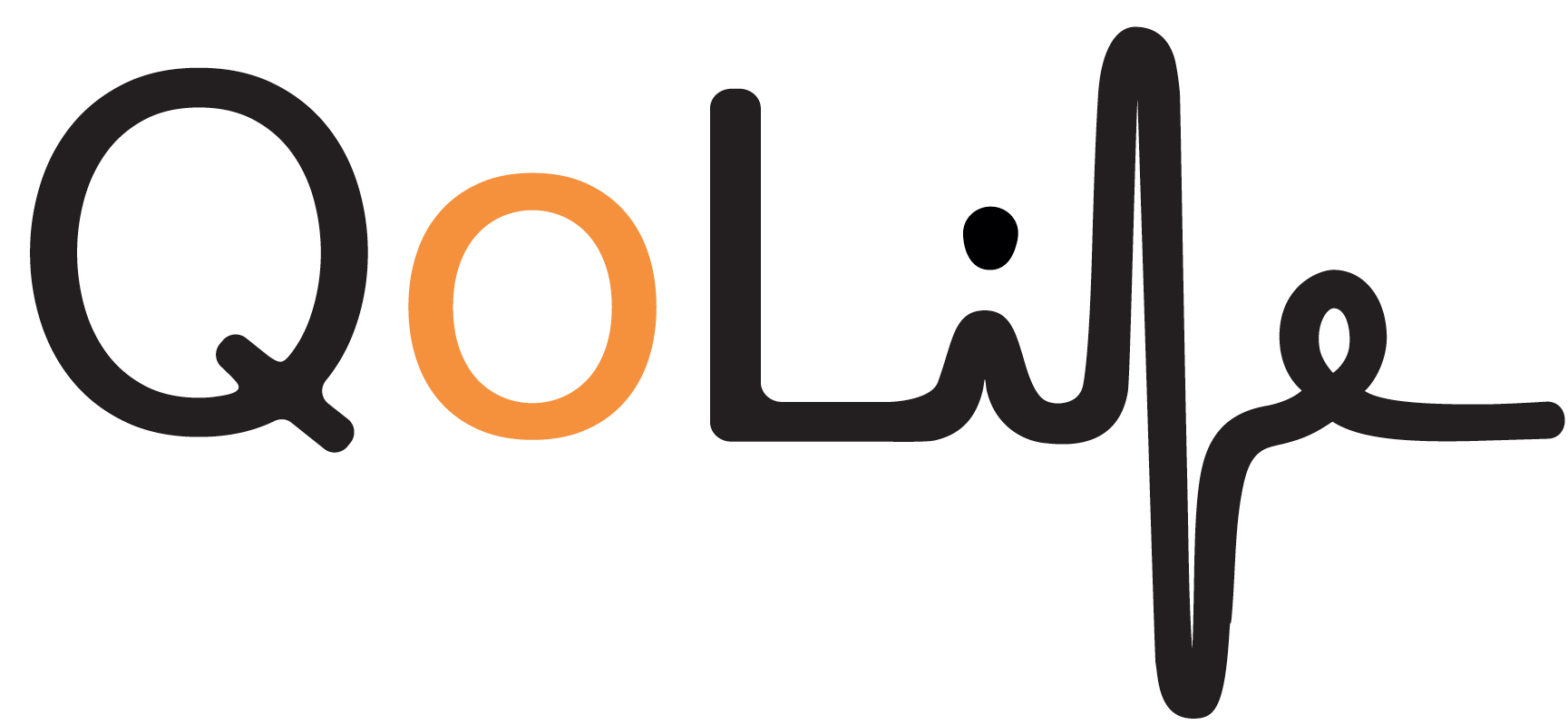General Health Tips & News
What is Quality of Life (QOL)?
By A.S. (staff writer) , published on February 09, 2021

Medicine Telehealth Health QOL HRQOL MQAOL QOL scale
World Health Organization defines health as “A state of complete physical, mental and social well-being not merely the absence of disease” [1].
Quality of life refers to the degree to which an individual is completely physically and mentally healthy, comfortable, and able to participate in social life [2].
Quality of life is a highly subjective and inherently ambiguous topic, as it is often get confused with standard-of-living. However, standard-of-living refers to the possession of wealth or material goods.
Historical Background
The idea of the quality of life (QOL) discussed in the psychological realm since 1950. Interest in quality of life grew after World War II when there were increasing awareness and recognition of social inequalities.
Quality of life is the general well-being of individuals and societies, outlining negative and positive features of life. It consists of the expectations of an individual or society for a good life. These expectations are guided by the values, goals, and socio-cultural context in which an individual lives. QOL references the degree to which an individual is healthy, comfortable, and able to participate in or enjoy life.
The quality of life is highly subjective. In the quality of life research one often distinguishes between the subjective and objective quality of life. Subjective quality of life is about feeling good and being satisfied with things in general. Objective quality of life is about fulfilling the societal and cultural demands for material wealth, social status, and physical well-being. (Quality-of-Life Research Center, Denmark)
One person may define the quality of life according to wealth or satisfaction with life, another person may define it in the terms of capabilities. Within the arena of healthcare, QOL is viewed as a multidimensional field encompassing emotional, physical, mental, material, and social well-being.
WHO defines Quality of Life
World Health Organization defines QOL as an individual’s perception of their position in life in the context of their culture and the value systems in which they live and in relation to their goals, expectations, standards, and concerns.
It’s a broad-ranging concept affected in a complex way by a person’s physical health, psychological state, social relationship, and personal beliefs.
QOL Scales:
QOL scale measures things like satisfaction, perception of control, involvement in activities, commitment, and work-life balance in terms of one’s personal perception.
- McGill QOL Questionnaire (MQAOL)
MQOL questionnaire has been extensively used in palliative care research for those living with serious illness. A principal component analysis examines 4 subscales.
-
Physical symptoms
-
Psychological symptoms
-
Outlook on life
-
Meaningful existence
Palliative care is specialized medical care for people living with a severe illness. Palliative care provides relief from the symptoms to reduce the stress of the illness and improvement of the Quality of Life (QOL) for both the patient and the family. [3].
McGill Quality of Life Questionnaire (MQOL) was developed to measure the QOL of people living with severe illness. McGill's quality of life questionnaire is a good option for examining QOL for those suffering from chronic diseases.
2.Measuring Health-Related QOL (HRQOL)
HRQOL is really about perception. It gauges how someone perceives their health, both physical and mental, over time.
It is a wide-ranging concept that pertains to one’s physical health, psychological state, level of independence, social relationships, and their relationships to different features of one environment. (Vahedi, 2010).
HRQOL covers all aspects of overall quality of life that can be clearly shown to affect health—either physical or mental.
HRQOL questionnaires now became an important element of public health surveillance and are generally considered valid indicators of unmet needs and intervention outcomes.
QoL measures 5 Life Domains
- Material and physical well-being
- Relationship with others
- Social, community, and civic life
- Personal development
- Recreation
References
HRQOL Concepts. (2018, October 31). Retrieved from Centers for Disease Control and Prevention: https://www.cdc.gov/hrqol/concept.htm
Paul Vicuña Serrano, G. B. (n.d.). The McGill Quality of Life Questionnaire-Revised (MQOL-R). Psychometric properties and validation of a Brazilian version on palliative care patients: a cross-sectional study. Retrieved from Bio-Med Central: https://hqlo.biomedcentral.com/articles/10.1186/s12955-020-01621-8
Quality of life. (n.d.). Retrieved from Britencia: https://www.britannica.com/topic/quality-of-life#ref334026
Find articles related to: Medicine Telehealth Health QOL HRQOL MQAOL QOL scale
More articles about General Health Tips & News
Back to the Health Tips Index




